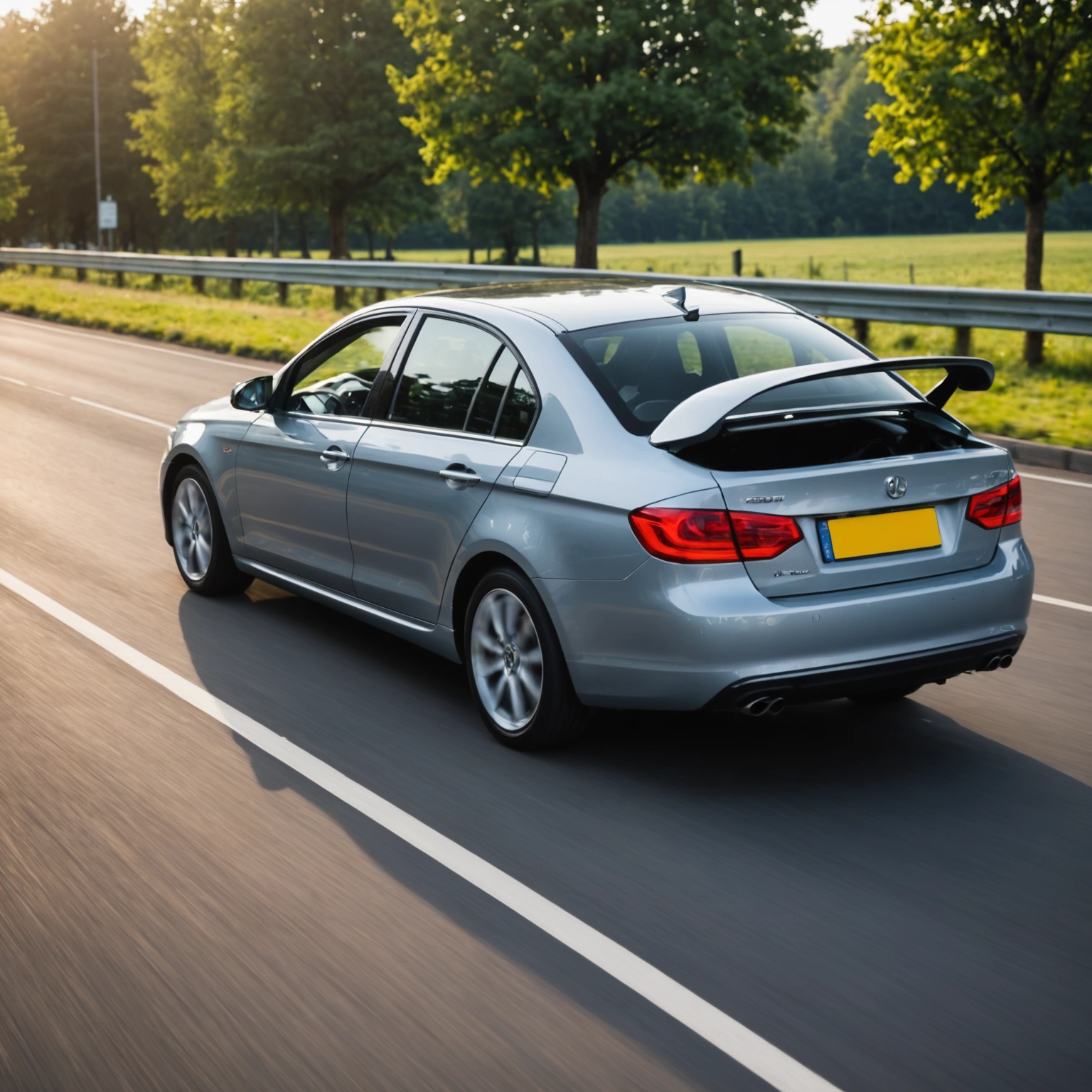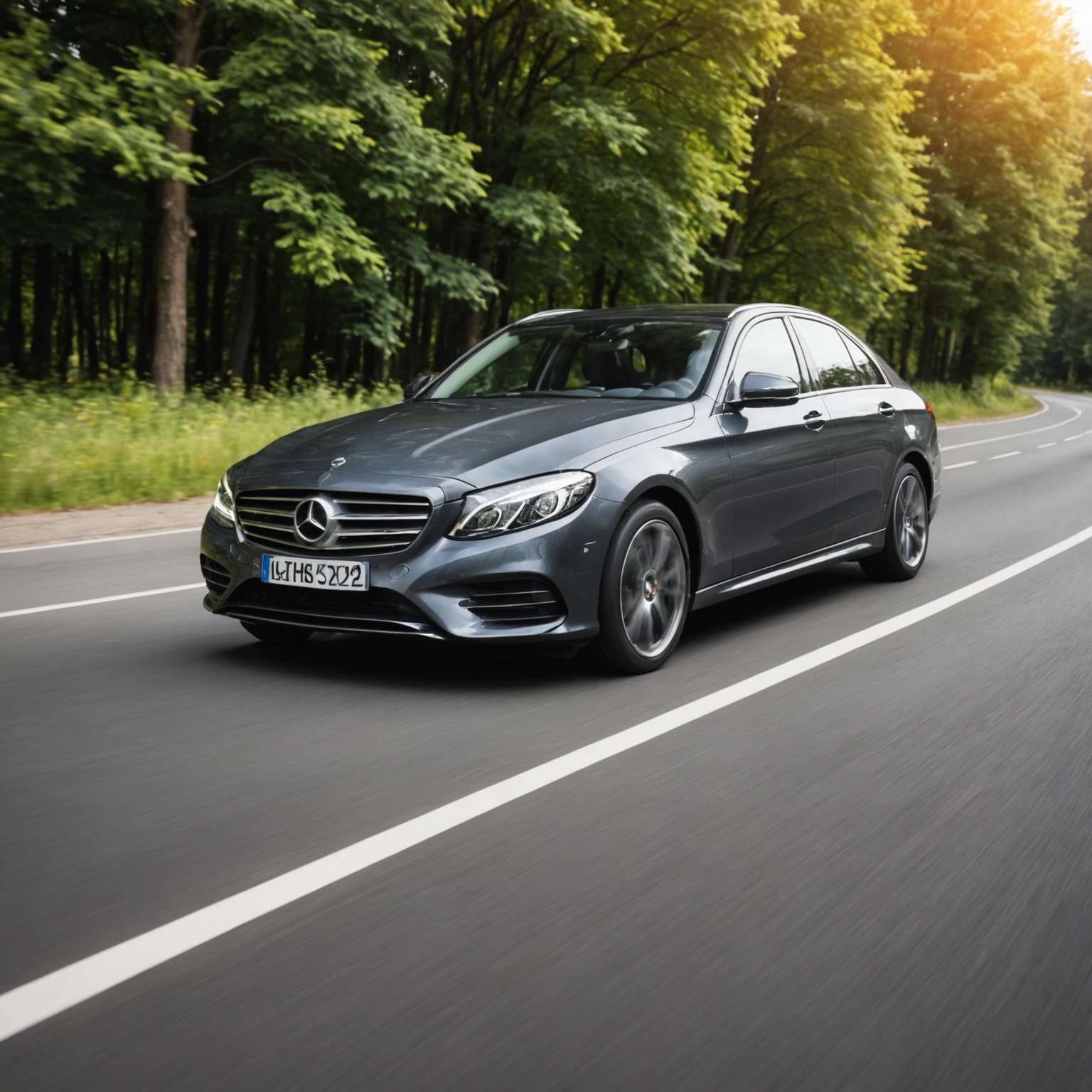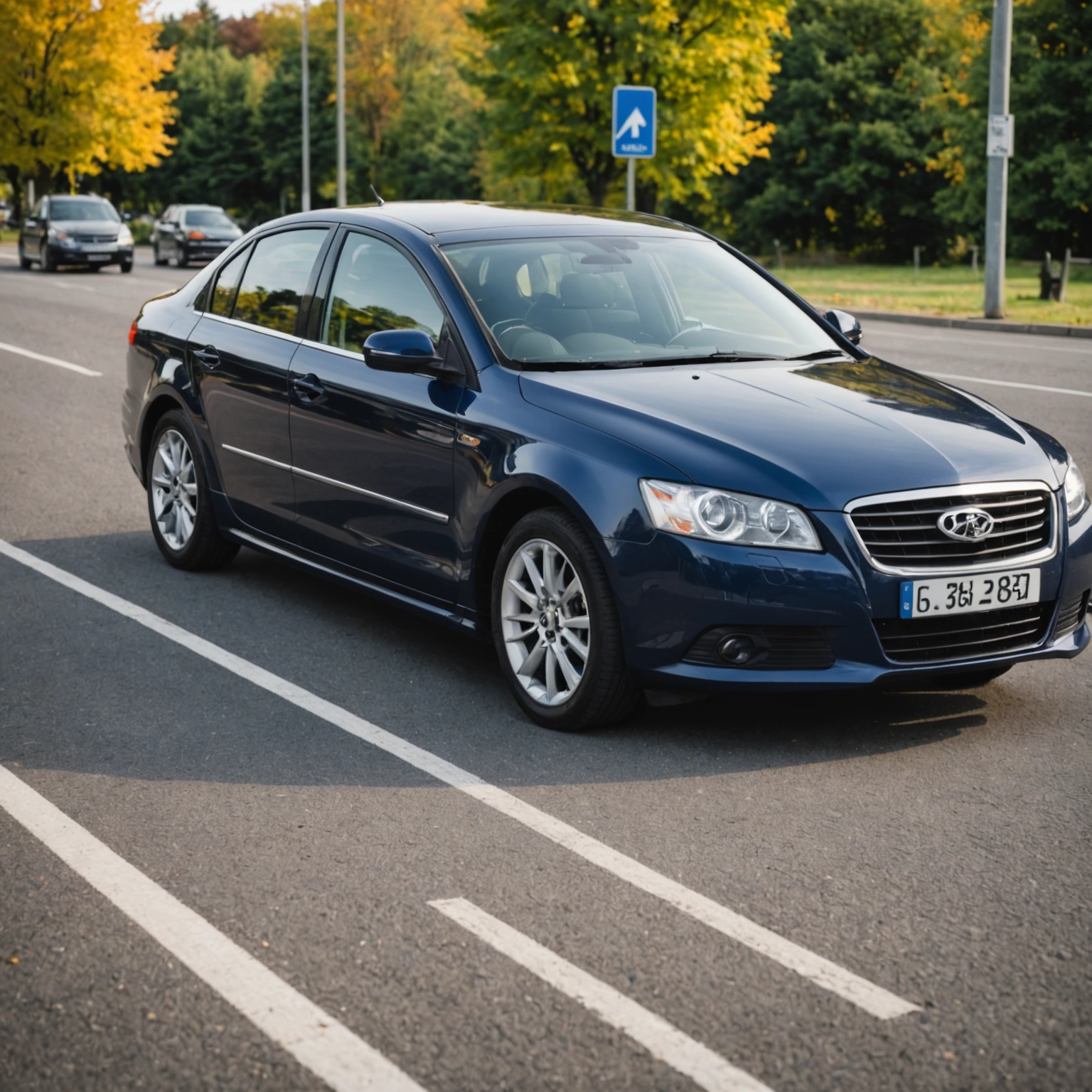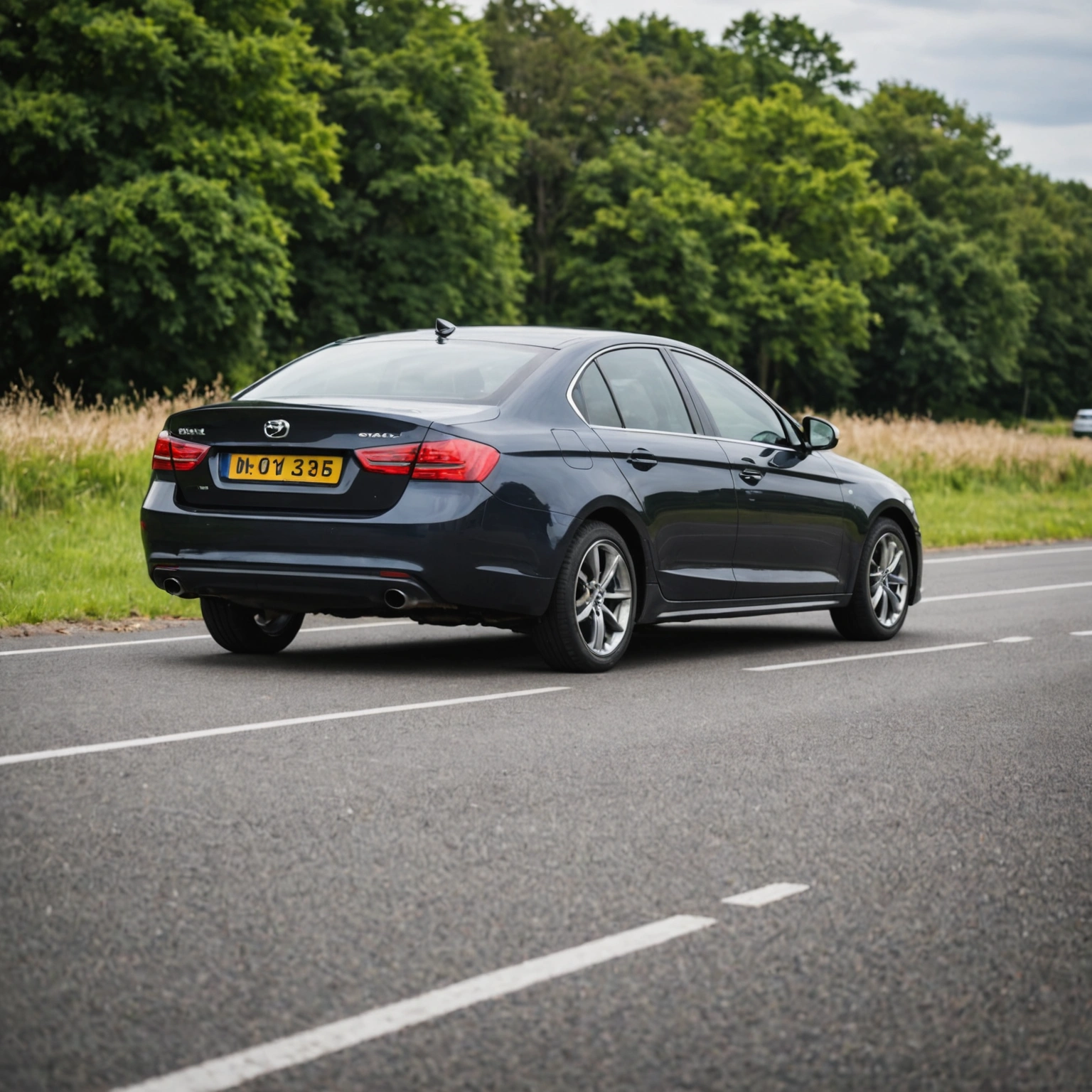**Why Does My Car Stall While Driving? Common Causes and Solutions**
Experiencing a car stall while driving can be both alarming and dangerous. It not only disrupts your journey but also raises concerns about your vehicle’s health and safety. Understanding the common reasons behind this issue can help you diagnose the problem and seek appropriate repairs. Here’s a comprehensive overview of why your car might stall while driving and what you can do about it.

### 1. Fuel System Problems
**Cause:** Insufficient fuel, clogged fuel filters, or a failing fuel pump can disrupt fuel delivery to the engine, causing it to stall.

**Signs:** Engine sputtering, loss of power, or sudden stalling without warning.
**Solution:** Check the fuel level first. If the tank is full, consider replacing the fuel filter or inspecting the fuel pump for proper operation.

### 2. Ignition System Issues
**Cause:** Faulty spark plugs, ignition coils, or wiring problems can lead to misfires and engine stalls.

**Signs:** Rough idling, difficulty starting, or engine misfiring before stalling.
**Solution:** Regular maintenance including spark plug replacement and inspecting ignition components can prevent these issues.
### 3. Air Intake and Vacuum Leaks
**Cause:** A clogged air filter or vacuum leaks can disrupt the air-fuel mixture, causing engine stalls.
**Signs:** Decreased acceleration, rough idling, or stalling during acceleration.
**Solution:** Replace the air filter regularly and check for vacuum leaks around hoses and intake manifold.
### 4. Sensor Failures
**Cause:** Modern cars rely on sensors like the Mass Air Flow (MAF) sensor or Throttle Position Sensor (TPS). Malfunctioning sensors send incorrect data to the engine control unit (ECU), leading to stalling.
**Signs:** Check engine light, erratic engine behavior, or stalling.
**Solution:** Diagnostic scans can identify faulty sensors. Replacing or cleaning sensors can restore proper function.
### 5. Transmission or Clutch Problems
**Cause:** Issues with the clutch (in manual transmissions) or transmission system can cause the engine to stall, especially at low speeds or during gear changes.
**Signs:** Difficulty shifting gears, slipping clutch, or stalling when coming to a stop.
**Solution:** Transmission repairs or clutch replacements may be necessary.
### 6. Electrical System and Battery Issues
**Cause:** Weak or dying batteries and faulty alternators can cause electrical components to malfunction, leading to engine stalls.
**Signs:** Dimming headlights, electrical glitches, or engine stalling after startup.
**Solution:** Regular battery testing and replacement, along with ensuring the alternator is charging properly.
### 7. Engine Overheating or Mechanical Failures
**Cause:** Overheating due to coolant issues or mechanical failures like timing belt problems can cause the engine to stall.
**Signs:** Overheating warning lights, steam from the engine, or sudden loss of power.
**Solution:** Regular coolant checks and timely mechanical repairs are essential.
—
### What Should You Do If Your Car Stalls While Driving?
– **Stay Calm:** Keep a firm grip on the steering wheel and signal to pull over safely.
– **Pull Over Safely:** Turn on your hazard lights and move to the side of the road.
– **Inspect and Diagnose:** If possible, check for obvious issues like overheating or warning lights.
– **Seek Professional Help:** Have your vehicle inspected by a qualified mechanic to accurately diagnose and fix the underlying problem.
—
### Preventative Tips
– Regular maintenance including oil changes, filter replacements, and system checks.
– Address warning lights promptly.
– Use quality fuel and keep the fuel tank adequately filled.
– Keep your battery and electrical system in good condition.
—
**In conclusion**, a car that stalls while driving can be caused by a variety of mechanical, electrical, or fuel-related issues. Timely diagnosis and maintenance are key to preventing breakdowns and ensuring your vehicle remains reliable and safe on the road. If your car continues to stall despite basic troubleshooting, consult a professional mechanic to identify and resolve the root cause.

